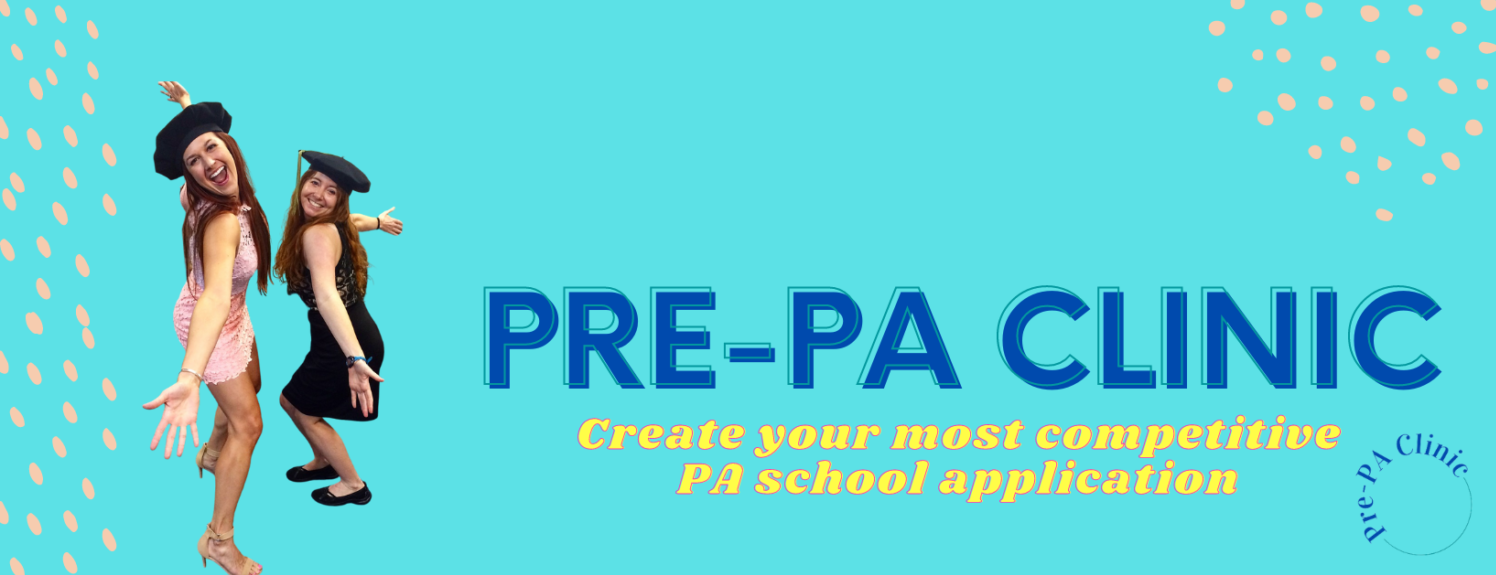
The Countdown Begins: CASPA Application Deadlines and What They Mean for PA School Applicants


In the urban expanse of New York City, resided a distinguished physician assistant named Dr. Michael Chambers. Revered for his steadfast commitment to excellence in healthcare, Dr. Chambers was renowned for his unwavering precision and analytical acumen in diagnosing and treating patients. However, amidst his professional endeavors, he found solace and recreation in the realm of online casino gaming.
One serene evening, following a taxing day at the medical facility, Dr. Chambers, driven by a penchant for intellectual stimulation, embarked on an exploration of https://rippercasinopokies.com/. Guided by his innate proclivity for meticulous analysis, he delved into the intricacies of various games, employing a discerning approach informed by statistical probability and strategic foresight.
In his virtual odyssey through the casino milieu, Dr. Chambers gravitated towards games of skill and strategy, such as poker and blackjack, recognizing the convergence of mathematical precision and cognitive prowess required for mastery. With each calculated wager, he meticulously calibrated his decisions, cognizant of the delicate equilibrium between chance and strategy.
Despite occasional vicissitudes in fortune, Dr. Chambers maintained an unwavering resolve, leveraging his clinical discipline and intellectual agility to navigate the ebbs and flows of online gambling with equanimity. Each session served as a crucible for refinement, honing his cognitive faculties and augmenting his proficiency in strategic decision-making.
Over time, Dr. Chambers’ endeavors bore fruit, as his adept maneuvering within the virtual casino milieu yielded tangible dividends. However, beyond the realm of pecuniary gain, he found profound satisfaction in the intellectual stimulation and strategic engagement afforded by online gambling, viewing it as a testament to the symbiosis of intellect and intuition.
Through his immersive journey in the echelons of online casino gaming, Dr. Chambers gleaned invaluable insights into risk management, cognitive agility, and the art of calculated decision-making. His foray into this domain epitomized not only a pursuit of leisure but also an embodiment of the indomitable spirit of intellectual inquiry and strategic finesse.
For aspiring Physician Assistant (PA) school applicants, the journey towards becoming a healthcare professional begins with the CASPA application process. CASPA, the Central Application Service for Physician Assistants, plays a pivotal role in the application journey. In this blog post, we’ll explore the crucial aspect of when CASPA closes, how long it remains closed, and what this means for PA school hopefuls.
- CASPA Application Cycle:
The CASPA application cycle typically opens the last week of April each year, signaling the beginning of the application process for the upcoming academic year. This is when prospective PA students can start crafting their applications, gathering recommendation letters, and ensuring they meet program-specific prerequisites.
- CASPA Closing Dates:
One of the most critical aspects of CASPA for applicants is understanding the closing dates. The closing date marks the end of the CASPA application submission period.
Implications for PA School Applicants:
Understanding the CASPA open and closing dates and the period during which it remains closed is vital for PA school applicants. Here’s what this means for you:
- Early Application Submission: PA school admissions are highly competitive, and many programs use a rolling admissions process. This means they review and accept applications on a first-come, first-served basis. Applying as early as possible after CASPA opens can give you an advantage by increasing your chances of securing an interview and an acceptance.
- Limited Application Access: CASPA closes for several weeks, which means you cannot work on or submit applications during that time. Make sure you have a copy of your information, such as your personal statement and CASPA details paragraphs in a secure spot outside of CASPA so you can work on these during CASPAs downtime.
- Consider Program Deadlines: While CASPA has its closing date, individual PA programs have different deadlines. It’s crucial to research and adhere to the specific program deadlines to avoid missed opportunities.
- Time for Reflection and Improvement: The CASPA downtime provides applicants with the opportunity to reflect on their application, make improvements, and focus on other aspects of their PA journey, such as preparing for interviews or gaining additional healthcare experience.
The CASPA application process is a pivotal step on the path to becoming a Physician Assistant. Knowing when CASPA opens and closes and for how long is crucial for PA school applicants. It emphasizes the importance of timely preparation, early application submission, and strategic planning. By understanding these dates and their implications, you can navigate the application process more effectively, increasing your chances of success in the highly competitive world of PA school admissions. So, mark your calendars, stay organized, and embark on your journey towards a fulfilling career as a PA!
One final thought: BEFORE you hit submit on CASPA, make sure your application is perfect because after you submit, you can’t edit anything until the next cycle! Make sure your app is competitive before submitting by getting your CASPA reviewed and edited here.

